SAFCell, teaming with Northwestern University and LiOX Inc., will convert ammonia into compressed, ultra-pure hydrogen in a solid acid stack.
PASADENA, California—SAFCell announced that it has won a competitive $3 million award from the U.S. Department of Energy’s Advanced Research Projects Agency-Energy (ARPA-E). SAFCell will use this funding to develop a solid acid electrochemical hydrogen compressor (EHC) that converts ammonia directly into high purity, high pressure hydrogen.
The solid acid EHC unit will enable onsite hydrogen generation and compression from renewable, energy-dense carbon-neutral liquid fuels (CNLF), such as ammonia and bio-methanol. Such one-step hydrogen generation and compression would enable low cost, wide-scale storage and delivery of renewable energy for use in both stationary and transportation sectors.
Commenting on the award, SAFCell’s CEO and President Dr. Calum Chisholm said:
This award enables us to demonstrate that our fuel-flexible Solid Acid technology can generate hydrogen from any of the commercial fuels that our fuel cell systems run on, and in particular, we can run on renewable fuels like ammonia.
SAFCell is working with the U.S. Army, oil and gas companies, and power system manufacturers to commercialize Solid Acid Fuel Cell systems. These quiet, clean systems operate on existing commercially available fuels, including (bio)methanol, ethanol, propane, (bio)diesel and natural gas. With this award, SAFCell will begin the development of onsite hydrogen generation and compression from these same conventional and renewable fuels. SAFCell power systems are more fuel-efficient, virtually silent, and require significantly less maintenance than existing combustion technologies. SAFCell hydrogen generation and compression systems will be more energy efficient, scale-able to low production rates, and require significantly less maintenance than existing hydrogen compression technologies.
SAFCell received its competitive award from ARPA-E’s Renewable Energy to Fuels through Utilization of Energy-Dense Liquids (REFUEL) program. The program seeks to produce CNLF fuels that can be converted back into electricity or hydrogen on demand for use as transportation fuels and to increase integration of renewable energy resources onto the grid, improving grid resiliency.
